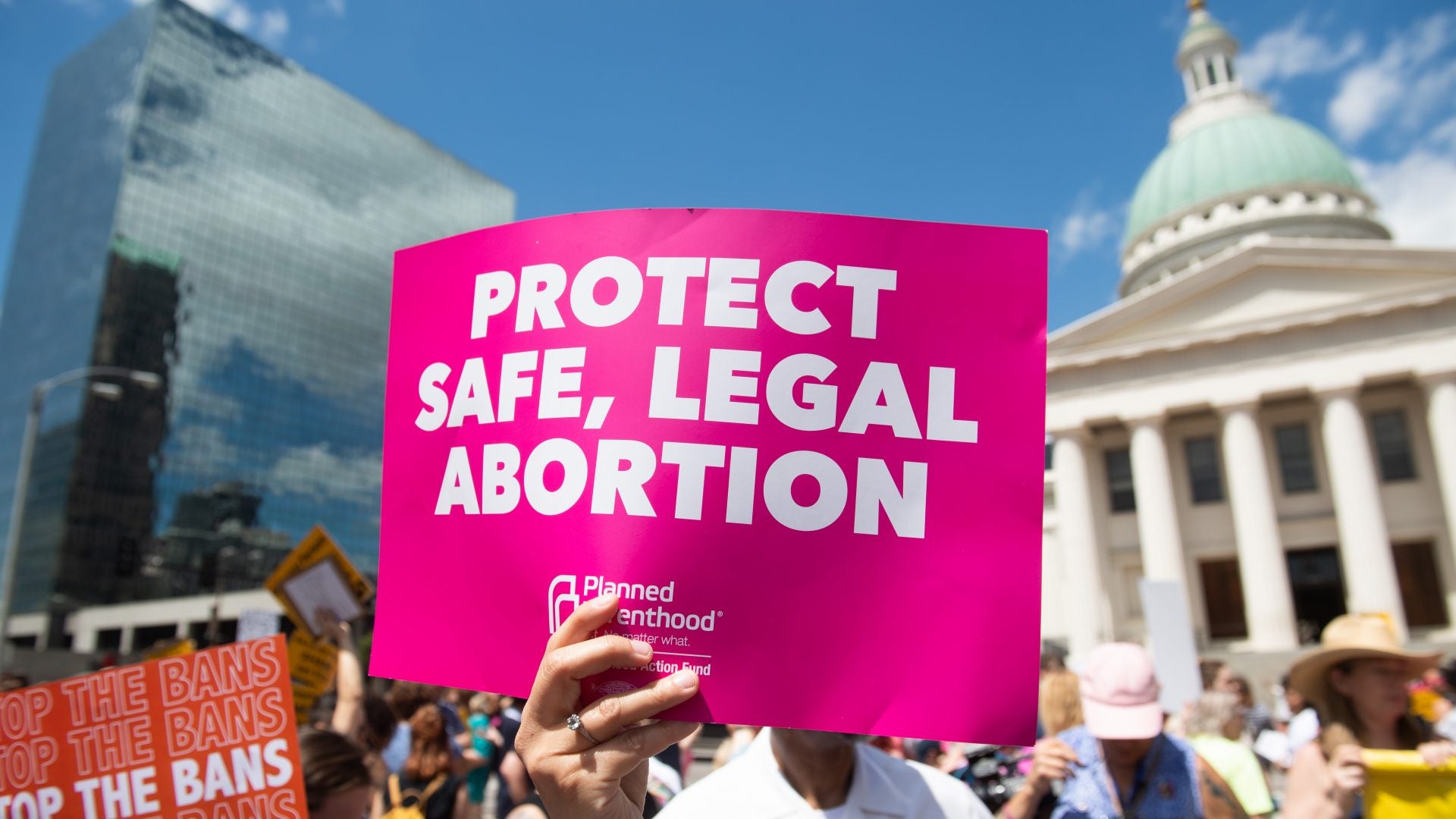
The relentless campaign to restrict access to abortion in Louisiana puts the constitutional and civil rights of thousands of Black women on the line, making clear that abortion is a racial justice issue. A Louisiana law, known as Act 620, unnecessarily requires abortion providers to have hospital admitting privileges. If upheld, that law will create a two-tiered system in the state where wealthier, disproportionately white women will have greater access to abortion care than Black women.
The stakes could not be higher as this law now goes before the Supreme Court for review. To aid the Court’s consideration of the glaring disparities that result from Act 620, we led a coalition of nearly a dozen civil rights groups in submitting a friend-of-the-court brief in June Medical LLC, et al. v. Stephen Russo. In that case, scheduled for argument in March, the Court will decide if Act 620 is unconstitutional. Politicians supporting Act 620 claim that these hurdles are necessary to protect women’s health by ensuring physicians can admit abortion patients to nearby hospitals. These arguments fall short, since abortion is safer than wisdom tooth extraction, almost never resulting in complications that would require a trip to the E.R., and certainly not hospitalization. Moreover, the Supreme Court has already determined that there is no medical benefit to admitting privileges laws.
Act 620’s stated “health” justification—that abortion patients may require hospitalization nearest abortion clinics—is highly specious for other reasons, as well. First, the bill’s author has absurdly suggested that the law is motivated, at least partly, by the stigmatizing belief that Black women who have abortions commit genocide. Casting an even darker shadow upon the state’s purported “health interest” is Louisiana’s abysmal record of failing to protect health and life at nearly every opportunity to do so. More Louisiana children live in poverty than in any other state, ensuring that children there are subjected to a variety of stresses, anxieties, and environmental ills associated with poverty. Also, Louisiana has been among states with the highest rates of infant deaths in the nation for several years. East Baton Rouge Parish—a predominantly Black neighborhood—currently has a higher infant mortality rate than the entire country. Louisiana also has the highest maternal mortality rate in the country, and Black women there are four times more likely to die during childbirth than white women. Instead of focusing on these bona fide crises, Louisiana’s legislature has poured its energy into enacting a slate of the most restrictive abortion laws in the nation, including Act 620.
The true purpose of the law is plain: Act 620 will make it nearly impossible for physicians who provide abortions in Louisiana to do their jobs and for women to access abortion. If Act 620 is upheld, just one abortion clinic will likely remain open in Louisiana and Black women will bear the brunt of the clinic closures. Studies show that Black women are half as likely to be able to travel between just 25 and 50 miles for abortion care compared to white women. With a single clinic in the state, 90% of women will live more than 50 miles away from the remaining clinic, and 53% will live more than 150 miles away. And, because Louisiana law already requires that women seeking abortion have two appointments 24-hours apart, many will have to obtain costly lodging.
Historically, reproductive restrictions have fallen more harshly on Black women and Act 620 would be no different. For Black women, who are disproportionately low-income, abortion care will be out of reach if Act 620 is upheld. Louisiana’s legacy of slavery, mass incarceration, and segregation has led to concentrated and intergenerational poverty within the Black community there. The state’s failure to address racial and gender economic inequality has resulted in persistent financial anguish. This is especially true for Black women who lack access to affordable child care, and are more likely to work in low-paying service jobs. And, among women, Black women have the highest labor force participation rate in Louisiana, yet face the highest gender pay gap in the country. An overwhelming 33% of Black women in Louisiana live below the poverty line.
Of course, equal access to abortion care is vital to the ability of all women to exercise reproductive autonomy. However, Louisiana’s attempt to obliterate abortion access has serious civil rights implications for Black women, in particular. Without access to abortion care, Black women may find themselves unable to attain the basic tenants of civil rights, such as adequate healthcare, housing, education, and employment. Indeed, studies show that Black women experience large educational and employment gains as a result of access to reproductive health services, including abortion care. Such care is especially essential for young people to determine their futures: Of the Black women in Louisiana who sought abortion care in 2018, 78% were under the age of 30.
The question before the Supreme Court this March clearly has far-reaching implications for thousands of Black women who are already vulnerable to the pains of generational poverty. Critical civil rights are hopelessly entangled with the constitutional question of abortion rights. Black women deserve to live their lives on their own terms, pursue educational and economic opportunities, and seek personal stability free from regressive state interventions like Louisiana’s Act 620. We can only hope the Justices will agree.
Kristen Clarke is President and Executive Director of the Lawyers Committee for Civil Rights Under Law and Pilar Whitaker is Counsel for the Economic Justice Project at Lawyers’ Committee for Civil Rights Under Law.